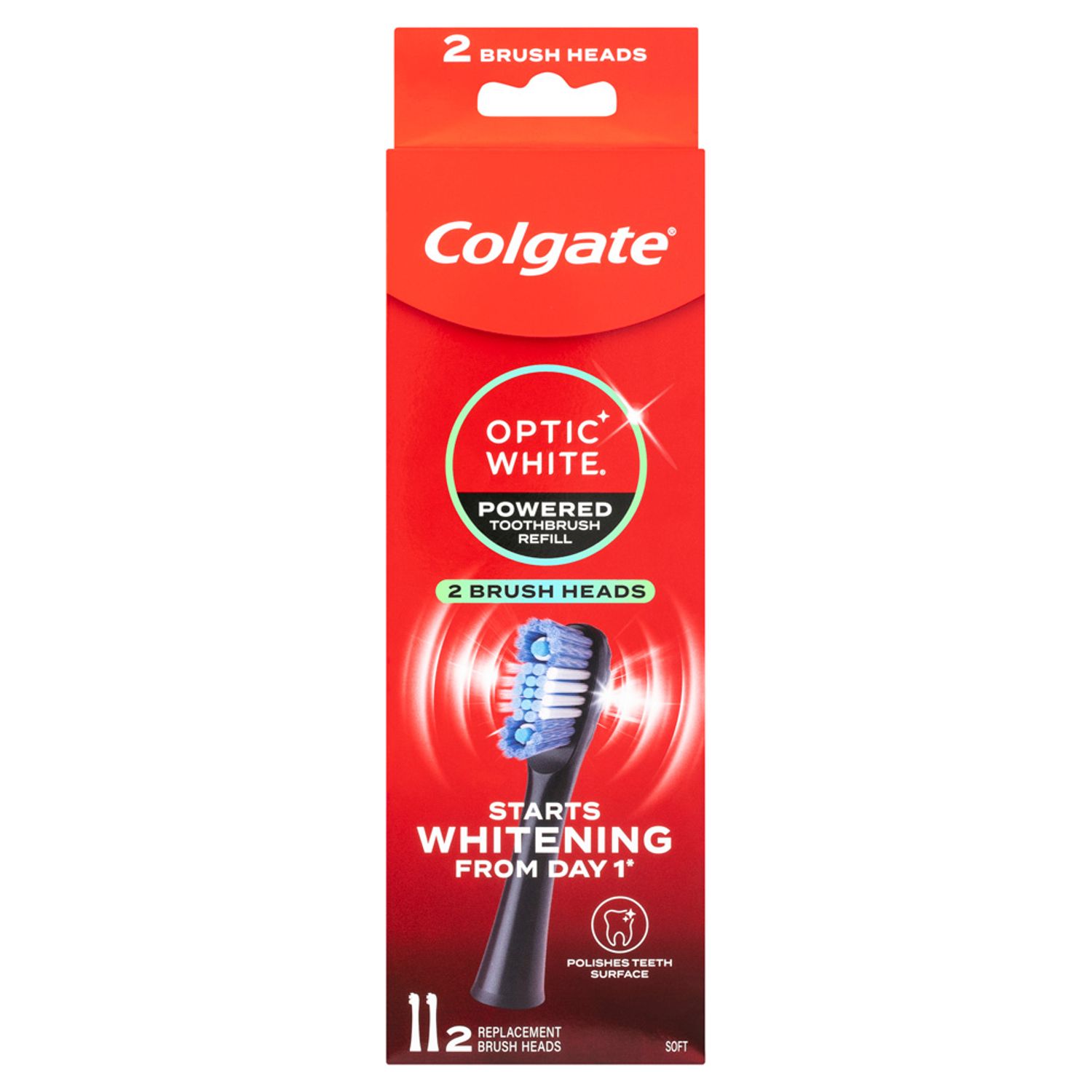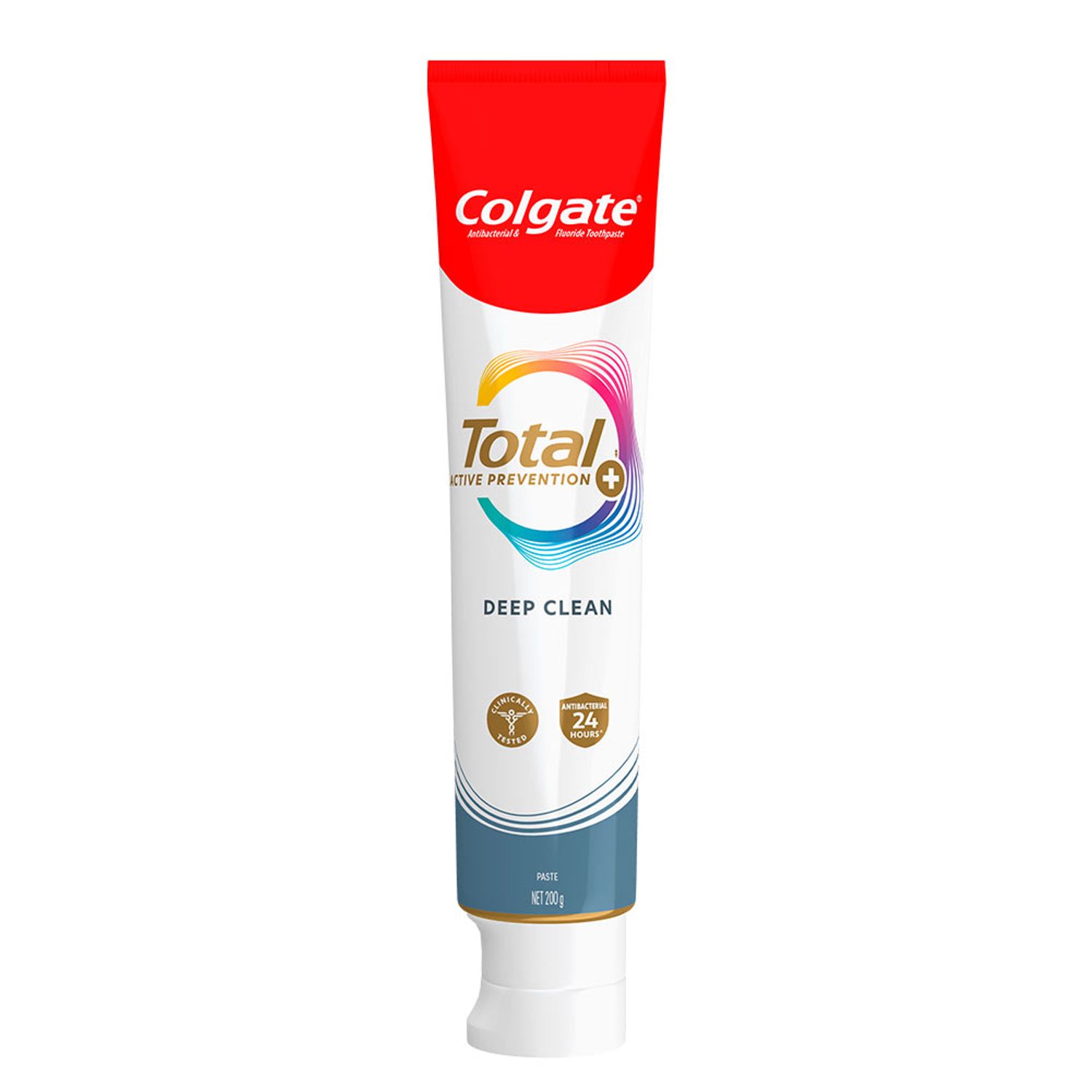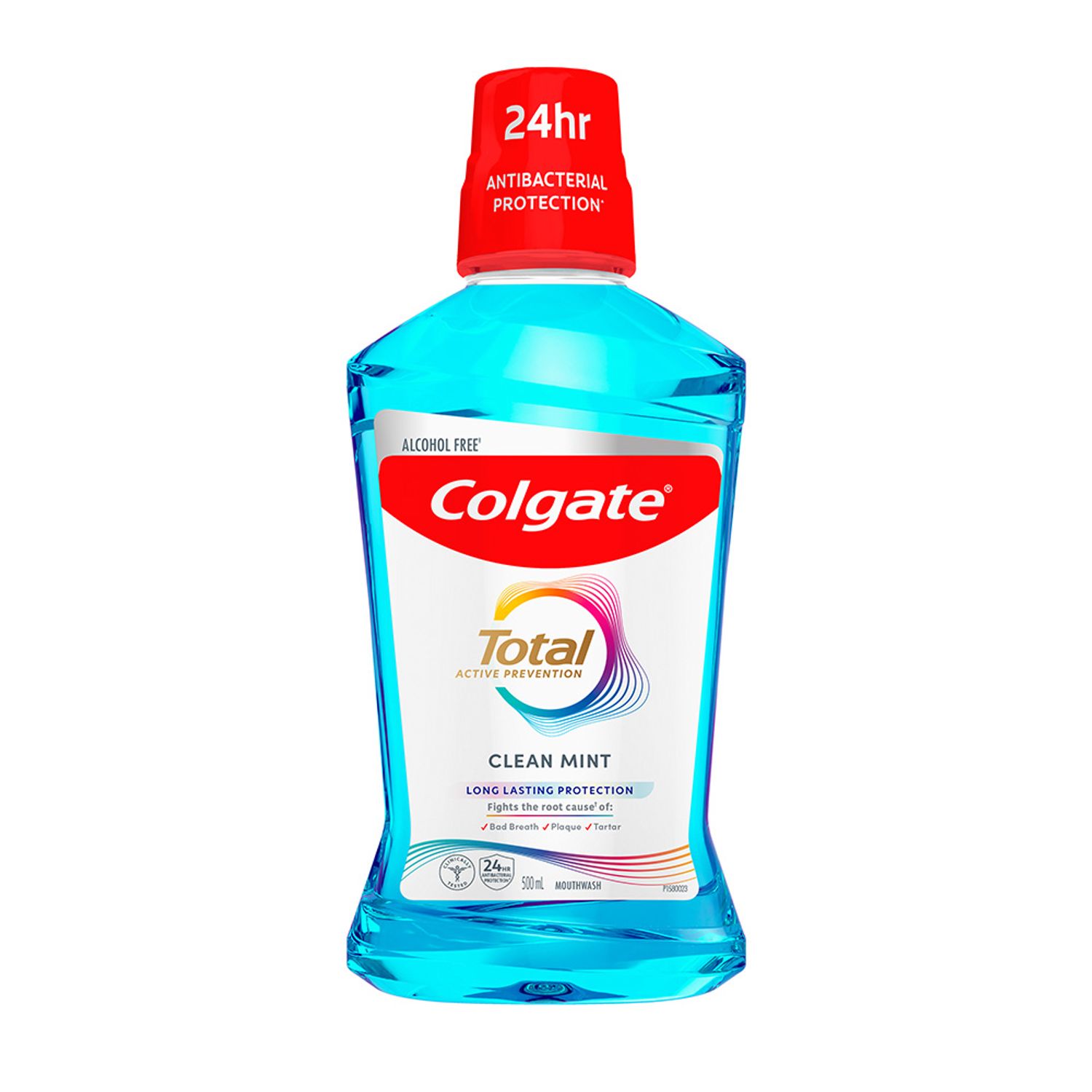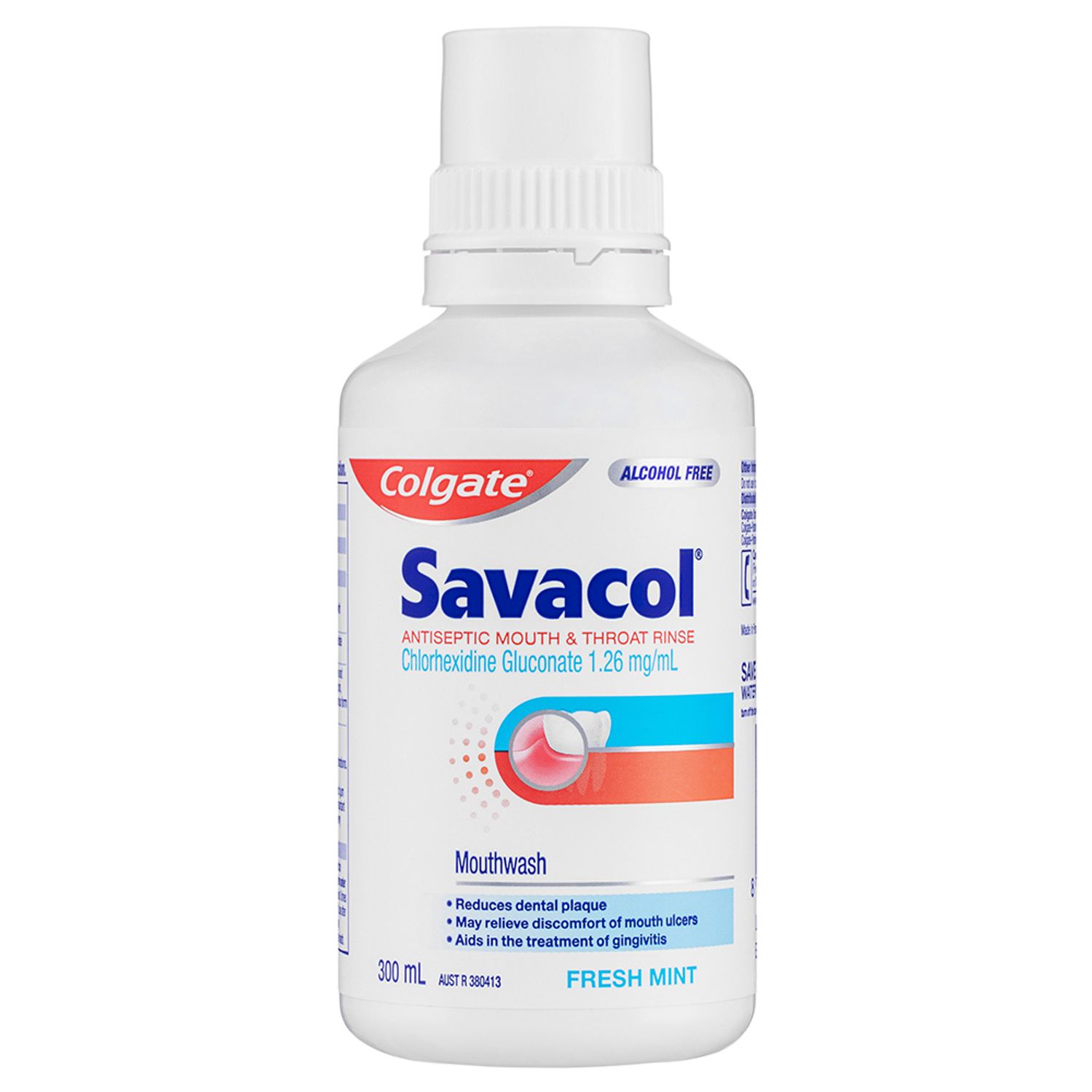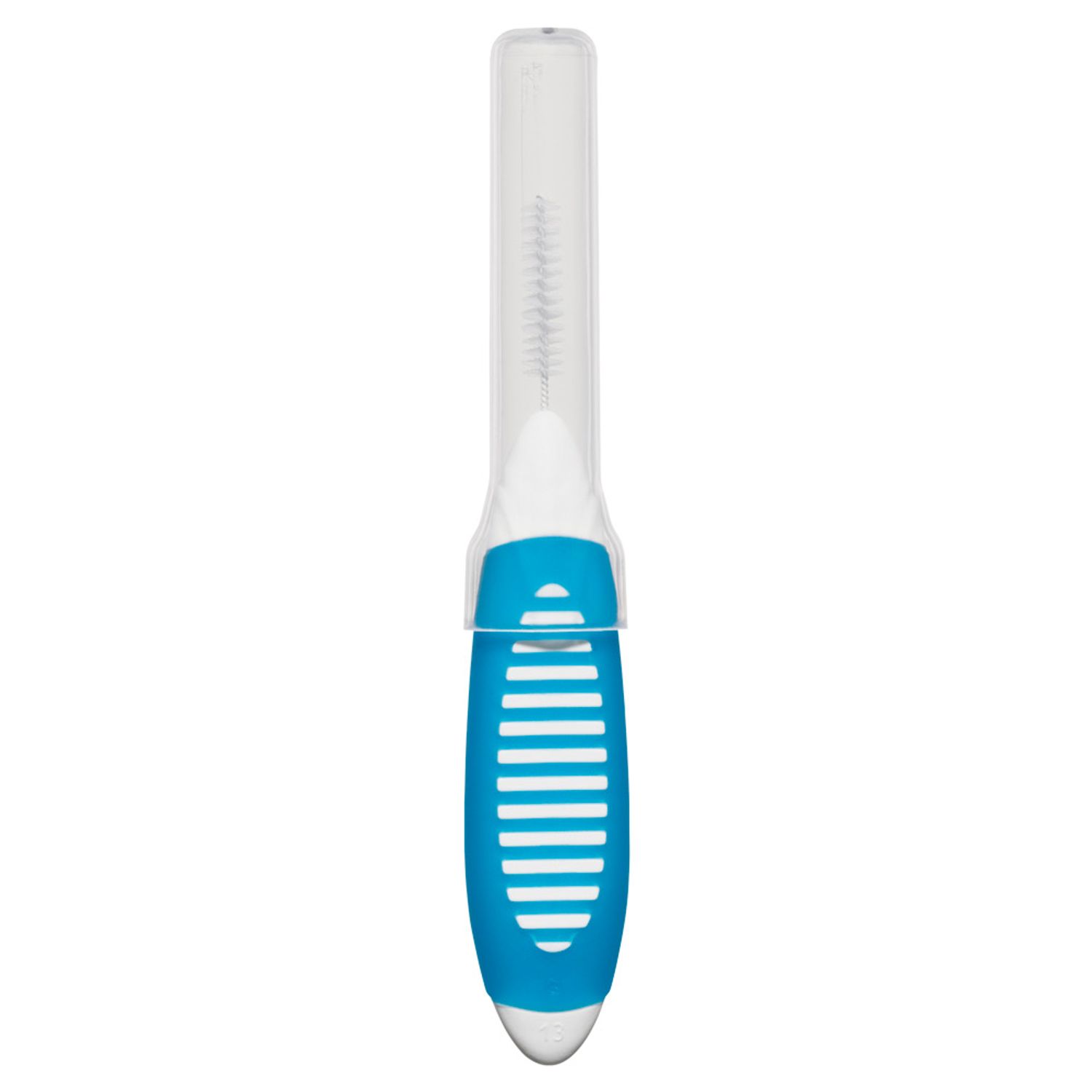Are you being treated with chemotherapy for cancer?
If so, this information can help you. While chemotherapy helps treat cancer, it can also cause other things to happen in your body called side effects. Some of these problems affect the mouth and could cause you to delay or stop treatment.
This information will give you ways to help prevent mouth problems so you'll get the most from your cancer treatment.
To help prevent serious problems, see a dentist at least two weeks before starting chemotherapy.
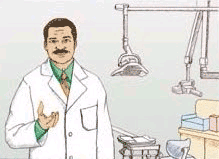
A dentist can help prevent mouth problems.
How does chemotherapy affect the mouth?
Chemotherapy is the use of drugs to treat cancer. These drugs kill cancer cells, but they may also harm normal cells, including cells in the mouth. Side effects include problems with your teeth and gums; the soft, moist lining of your mouth; and the glands that make saliva (spit).
It's important to know that side effects in the mouth can be serious.
- The side effects can hurt and make it hard to eat, talk, and swallow
- You are more likely to get an infection, which can be dangerous when you are receiving cancer treatment
- If the side effects are bad, you may not be able to keep up with your cancer treatment. Your doctor may need to cut back on your cancer treatment or may even stop it.
What mouth problems does chemotherapy cause?
You may have certain side effects in your mouth from chemotherapy. Another person may have different problems. The problems depend on the chemotherapy drugs and how your body reacts to them. You may have these problems only during treatment or for a short time after treatment ends.
|  You can see or feel most of these problems. Check your mouth every day. |
Why should I see a dentist?
You may be surprised that your dentist is important in your cancer treatment. If you go to the dentist before chemotherapy begins, you can help prevent serious mouth problems. Side effects often happen because a person's mouth is not healthy before chemotherapy starts. Not all mouth problems can be avoided but the fewer side effects you have, the more likely you will stay on your cancer treatment schedule.
When should I see a dentist?
You need to see the dentist at least two weeks before chemotherapy begins. If you have already started chemotherapy and didn't go to a dentist, see one as soon as possible.
What will the dentist and dental hygienist do?
- Check your teeth
- Take X-rays
- Take care of mouth problems
- Show you how to take care of your mouth to prevent side effects
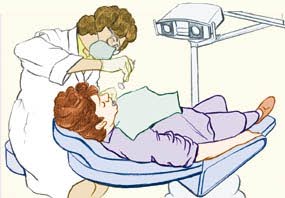
The dentist will do a complete exam.
What can I do to keep my mouth healthy?
You can do a lot to keep your mouth healthy during chemotherapy. The first step is to see a dentist before you start cancer treatment. Once your treatment starts, it's important to look in your mouth every day for sores or other changes. These tips can help prevent and treat a sore mouth:
Keep your mouth moist.
|
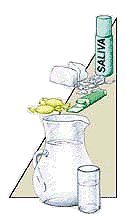 |
Clean your mouth, tongue, and gums.
|
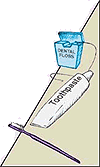 |
If your mouth is sore, watch what you eat and drink.
- Choose foods that are good for you and easy to chew and swallow
- Take small bites of food, chew slowly, and sip water with your meals
- Eat soft, moist foods such as cooked cereals, mashed potatoes, and scrambled eggs
- If you have trouble swallowing, soften your food with gravy, sauces, broth, yogurt or other liquids

Sipping liquids with your meals will make eating easier.
Call your doctor or nurse when your mouth hurts.
- Work with them to find medicines to help control the pain
- If the pain continues, talk to your cancer doctor about stronger medicines
Remember to stay away from:
|
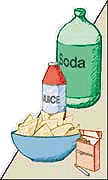 |
Do children get mouth problems too?
Chemotherapy causes other side effects in children, depending on the child's age.
Problems with teeth are the most common. Permanent teeth may be slow to come in and may look different from normal teeth. Teeth may fall out. The dentist will check your child's jaws for any growth problems.
Before chemotherapy begins, take your child to a dentist.
The dentist will check your child's mouth carefully and take out loose teeth or those that may become loose during treatment. Ask the dentist or hygienist what you can do to help your child with mouth care.

Your child has special dental needs.
Remember:
- Visit your dentist before your cancer treatment starts
- Take good care of your mouth during treatment
- Talk regularly with your cancer doctor and dentist about any mouth problems you have

Call your cancer doctor or dentist if you
have any mouth problems.
Acknowledgments
The individuals listed here provided assistance in developing, reviewing, and field testing all of the campaign publications. The campaign sponsors would like to thank them for their contributions.
| Scientific Committee | |
Gerry Barker, R.D.H., M.A. Susan L. Beck, R.N., Ph.D., A.O.C.N. Marylin Dodd, R.N., Ph.D. Joel Epstein, D.M.D., M.S.D., F.R.C.D. Philip Fox, D.D.S. | Deborah McGuire, R.N., Ph.D. Douglas Peterson, D.M.D., Ph.D. Mark M. Schubert, D.D.S., M.S.D. John Wingard, M.D. |
| Field Testers | |
Olubunmi Abayomi, M.D. Alice Bass, B.S.N., O.C.N. Betsy Bischoff, R.N., M.S. Andrea Bonnick, D.D.S. Dorothy Chesley, R.N., Ph.D. | Nancy E. Leupold, M.S. Alice Mahan, B.S., R.T.T. MiKaela Olsen, R.N., M.S., O.C.N. Peter Passero, D.D.S. K. Vendrell Rankin, D.D.S. |
Oral Health, Cancer Care, and You is an awareness campaign sponsored by the National Institute of Dental and Craniofacial Research (NIDCR) through its National Oral Health Information Clearinghouse (NOHIC). This campaign is being conducted in partnership with the National Cancer Institute, the National Institute of Nursing Research, the Centers for Disease Control and Prevention, and the Friends of the NIDCR.
National Oral Health Information Clearinghouse
Attn: OCCT
1 NOHIC Way
Bethesda, MD 20892-3500
Fax: 301-907-8830
E-mail: nohic@nidcr.nih.gov
NIH Publication No. 02-4361
 |  |
 |  |
 |
 |  |
Copyright © 2002, 2003 Colgate-Palmolive Company. All rights reserved.
This article is intended to promote understanding of and knowledge about general oral health topics. It is not intended to be a substitute for professional advice, diagnosis or treatment. Always seek the advice of your dentist or other qualified healthcare provider with any questions you may have regarding a medical condition or treatment.
